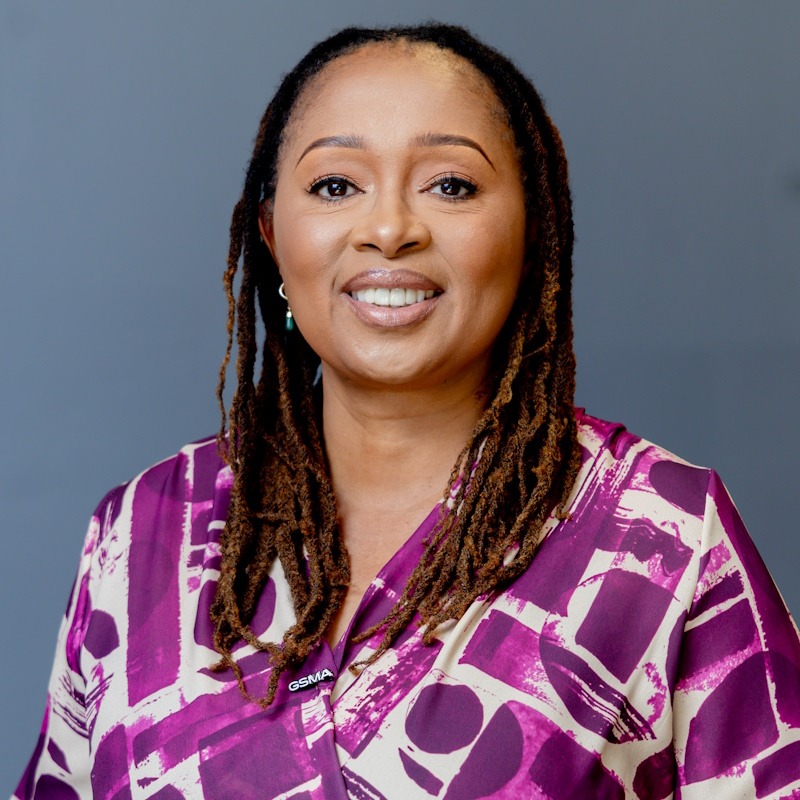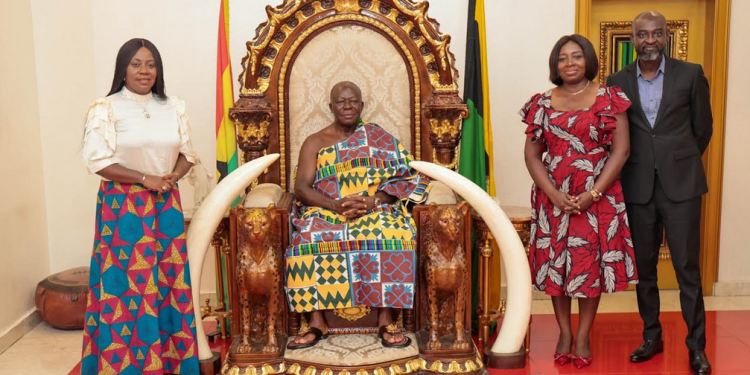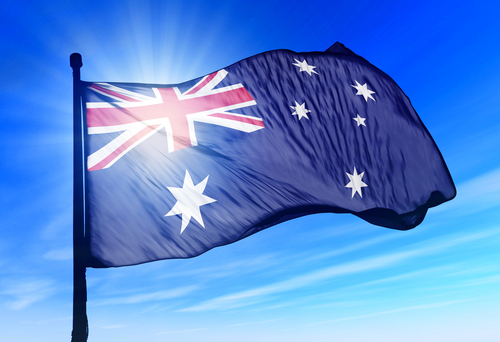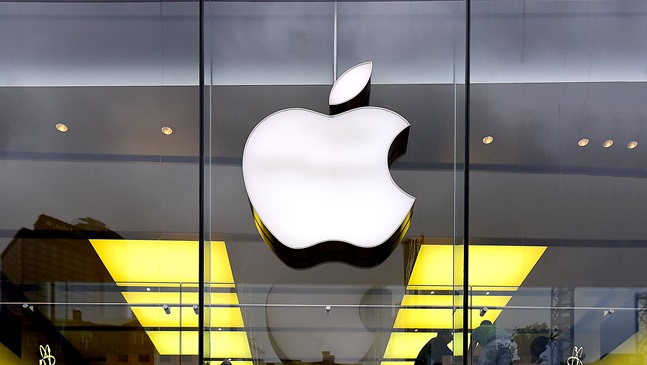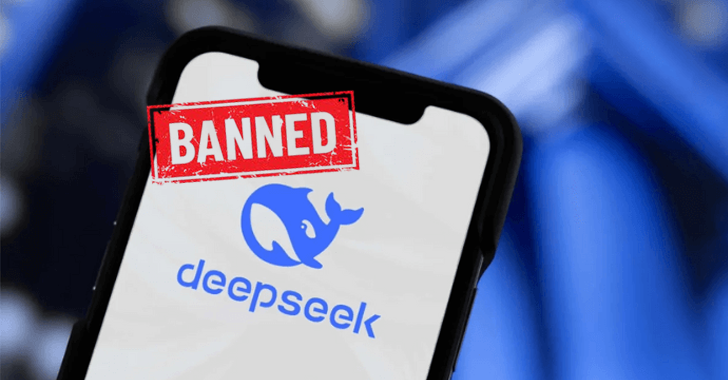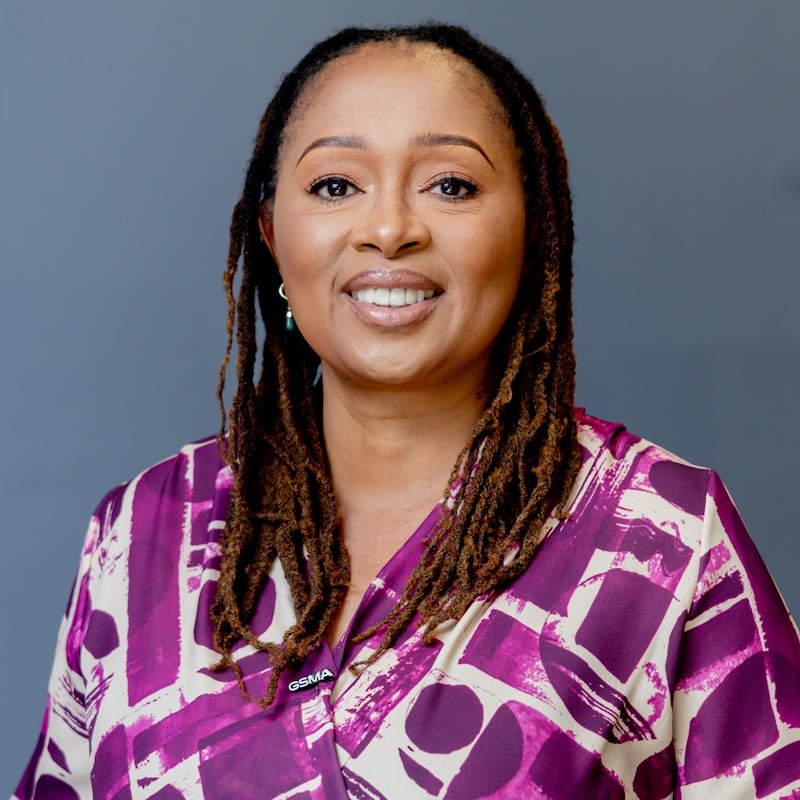
By Angela Wamola , Head of Sub-Saharan Africa, GSMA.
Angela Wamola, Head of Sub-Saharan Africa, GSMA. (Image: Supplied)
As African leaders gather in Tanzania for the Mission 300 Africa Energy Summit, the continent stands at a crossroads. Nearly 600 million Africans—roughly half the population—lack access to electricity, representing 83% of the global electricity access deficit.
This energy gap is not just a barrier to development; it is a missed opportunity to leapfrog traditional energy systems and embrace a sustainable, digitally enabled future.
The Summit, hosted by the Government of the United Republic of Tanzania, the African Union, the African Development Bank Group, and the World Bank Group, is a pivotal moment to address this challenge.
But achieving the ambitious goal of providing 300 million Africans with electricity access by 2030 will require more than just infrastructure investments.
It will demand innovative thinking, cross-sector collaboration, and a recognition of the synergies between energy and digital connectivity.
The Dual Challenge: Energy and Digital Inclusion
Africa’s energy gap is deeply intertwined with its digital divide. Mobile networks are the backbone of connectivity, enabling access to education, healthcare, financial services, and commerce.
Yet, these networks rely on reliable and sustainable energy to function. In rural and underserved areas, where energy access is most limited, mobile operators often depend on diesel generators—a costly, polluting, and inefficient solution.
Our recent GSMA Intelligence report, Rural Renewal: Telecoms and Sustainable Energy in Africa, highlights the critical role that mobile operators can play in bridging both the energy and digital gaps.
The report reveals that while Sub-Saharan Africa has immense potential for renewable energy, only about 10% of mobile operators’ energy consumption in the region comes from renewables.
This is despite the fact that renewable energy solutions, such as solar and mini-grids, are not only environmentally sustainable but also economically viable in the long term.
The Energy Inefficiency of Africa’s Mobile Networks
One of the key findings of our report is the energy inefficiency of Africa’s mobile networks, which are still heavily reliant on 3G technology.
Transitioning to 4G and 5G is not just a matter of improving connectivity; it is also a key step toward reducing energy consumption and operational costs.
By modernising their networks and adopting energy-efficient architectures, mobile operators can play a leading role in Africa’s energy transition.
However, this transition requires more than just technological upgrades. It demands a fundamental shift in how we approach energy access and digital inclusion.
Mobile operators, governments, and development partners must work together to create an enabling environment for renewable energy adoption and digital transformation.
Innovative Financing Models: Unlocking Renewable Energy Potential
One of the most promising avenues for scaling renewable energy solutions in Africa is through innovative financing models. Two models, in particular, stand out.
The first is the Energy Service Company (ESCO) Model, which allows mobile operators to outsource their energy needs to specialized companies.
These companies provide renewable energy solutions through long-term power purchase agreements (PPAs), reducing upfront costs for operators while ensuring reliable and sustainable energy supply.
The second is the Anchor Business Customer (ABC) Model, where mobile operators or tower companies act as anchor tenants for mini-grid projects.
These mini-grids provide a stable demand base for renewable energy, which can then extend power to surrounding communities, creating a virtuous cycle of energy access and economic development.
These models have already shown promise in countries like the Democratic Republic of Congo (DRC), Ethiopia, and Nigeria, where mobile operators are partnering with renewable energy providers to power their networks and support rural electrification.
A Blueprint for Action: Recommendations for Stakeholders
To accelerate progress toward universal energy access, we need a concerted effort from all stakeholders.
Governments can play a crucial role by zero-rating import duties on green energy equipment, offering tax incentives and subsidies for renewable energy projects, and designating telecom infrastructure as critical national infrastructure.
Reforming energy market designs to speed up permissions for renewable energy projects and grid expansions is also essential.
Mobile operators, for their part, must modernize their networks to improve energy efficiency and transition from 3G to 4G and 5G.
Collaboration with international development financial institutions (DFIs) to secure funding for renewable energy projects is another critical step. Sharing tower location data to guide integrated energy planning will ensure that renewable energy investments are directed to areas with the greatest need.
Development partners can scale blended finance models that combine public and private funding to de-risk renewable energy investments.
Supporting capacity-building initiatives to train local communities and businesses in renewable energy technologies, as well as promoting cross-sector collaboration between the energy and digital sectors, will maximize impact.
The private sector, too, has a role to play. Investing in renewable energy solutions that align with corporate sustainability goals and ESG commitments is a start.
Exploring partnerships with mobile operators to leverage their infrastructure and customer base for energy access projects, and adopting innovative business models such as pay-as-you-go (PAYG) systems, will make renewable energy affordable for low-income households.
Civil society organizations can advocate for policy reforms that support renewable energy adoption and digital inclusion. Raising awareness of the benefits of renewable energy and digital connectivity for rural communities, and monitoring and evaluating the impact of energy and digital projects, will ensure they deliver tangible benefits.
The Path Forward: Collaboration for a Sustainable Future
The Mission 300 Africa Energy Summit is more than just a gathering of leaders; it is a call to action.
To achieve the ambitious goal of providing 300 million Africans with electricity access by 2030, we need to think differently. We need to recognize that energy is central to achieving digital objectives, and digitalization is central to achieving energy objectives.
This is particularly true in countries like DRC, Nigeria, and South Africa, where both energy and digital infrastructure gaps are significant.
At the GSMA, we are committed to supporting Africa’s energy and digital transformation. By leveraging the power of mobile networks and renewable energy, we can unlock new opportunities for economic growth, improve quality of life, and ensure that no one is left behind in the digital age.
We urge all stakeholders—governments, development partners, private sector players, and civil society—to join forces and take concrete steps toward a future where every African has access to reliable, affordable, and sustainable energy. Together, we can power Africa’s future.
OpinionMobileAngela WamolaGSMA
Source: ITWEB Africa


